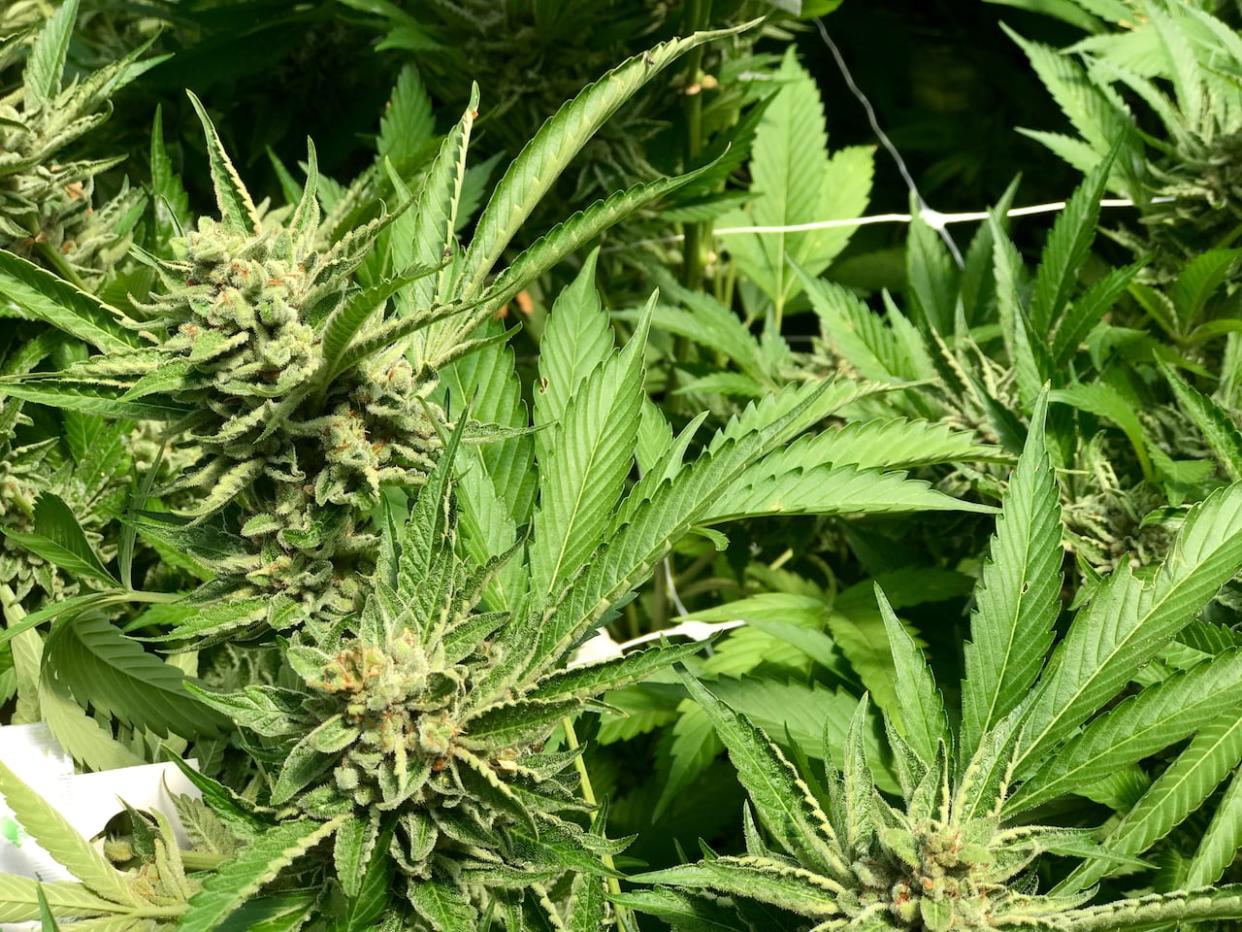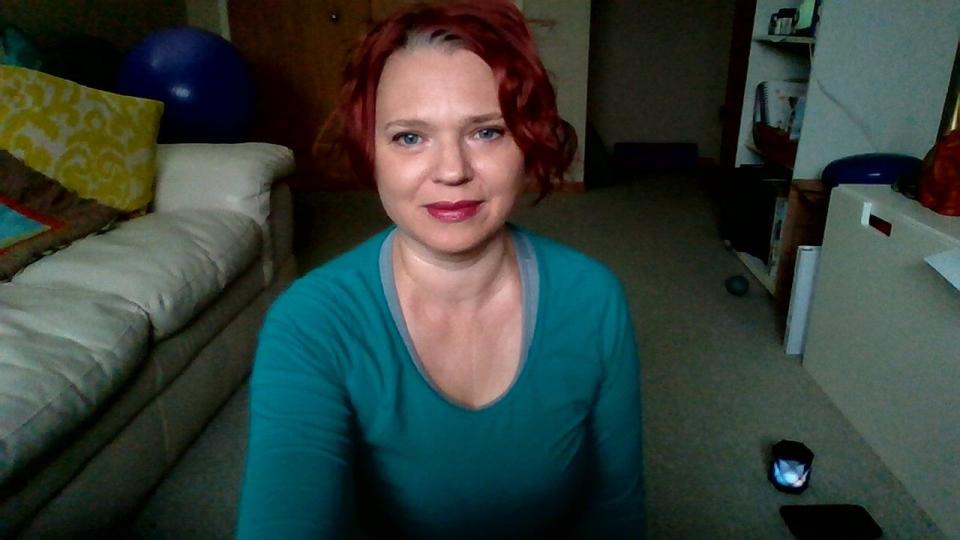Alberta women turning to cannabis for menopausal relief, study says

Alberta women are turning to cannabis to relieve menopausal symptoms, a recent study from the University of Alberta suggests.
However, experts say more research needs to be done before they would advocate for the use of cannabis to help relieve symptoms.
The two-part study is designed to further research why Albertan women are opting to use cannabis to deal with their menopausal symptoms, and to help health-care practitioners approach cannabis as a potential medical option people may want to pursue.
"One of the biggest findings that I take away from this is having open conversation with our patients to learn about what they are using that I'm not prescribing," said Katherine Babyn, co-author of the study, as well as a second-year medical student at the University of Alberta.
The online survey analyzed the responses of 1,485 Albertan women above the age of 35. The sample was collected from October and December 2020.
About 35 per cent of the respondents in the survey are postmenopausal, and 33 per cent are perimenopausal. Almost one-third (499 women) were reportedly using cannabis at the time while 978 women indicated using it at some point. Of the 499 current cannabis users, more than 75 per cent reported using it for medical purposes.
The survey did not distinguish between users who had a prescription and those who are self-medicating, but Babyn said said it's clear not all users are having cannabis prescribed to them.

Katherine Babyn says that health-care practitioners should approach cannabis as a potential medical option people may want to pursue. (Submitted by Katherine Babyn)
"There's a lot of women that are using cannabis medically, but without it being prescribed by a health-care professional," Babyn said.
Nese Yuksel, professor of pharmacy and pharmaceutical sciences at the University of Alberta, says she was surprised at the fact that the majority of those current users were using daily or more.
Looking for solutions
The common reasons for current use, according to the survey, are lack of sleep, anxiety, and muscle and joint aches.
When looking at why women were using cannabis, Yuksel said sometimes the women didn't know they were dealing with menopausal symptoms. But even if they did, they didn't have good access to menopause care.
"There was a lack of information for them so they were trying to find their own solutions," Yuksel said. "They weren't talking to their health-care providers about medical cannabis, they were also not always finding or being able to talk about menopause care in general."
Jessica Erlendson, a singer based in Calgary, is in perimenopause. She says she's against using recreational cannabis to treat her perimenopause symptoms, but she went to a doctor and got a prescription for cannabidiol (CBD), which helped her anxiety, she said.

Calgary's Jessica Erlendson works with a nurse practitioner who monitors her cannabis prescriptions (Submitted by Jessica Erlendson)
Erlendson works with a nurse practitioner that keeps track of her prescriptions.
"Every time we meet, [the nurse] looks at what I'm taking prescription-wise and makes sure that I'm safe and sound and it's on record," she said.
Menopause causing Canadians billions of dollars
This week, a new report by the Menopause Foundation of Canada suggests missed work days, lower productivity and lost income due to menopause symptoms cost the Canadian economy about $3.5 billion a year.
Almost half of women polled say they are unprepared for menopause, and nearly all report experiencing symptoms such as hot flashes, joint pain and anxiety, according to the online national survey conducted by Leger Canada. The survey was conducted between August 2 and August 11, 2022, using Leger's online panel and included 1,023 Canadian women aged 40-60.
At The Cannabis Nurses in Edmonton, registered nurse Kala Sanmartin helps menopausal women seeking relief find the right products and doses for their lifestyles.
"A lot of these women in perimenopause, they're moms. They don't have time to smoke a doobie in the middle of the day and not be able to pick up their kids," said Sanmartin.
"We're really there to hold space for them as they start to navigate using cannabis as a tool in their toolbox for this transition in their life."


